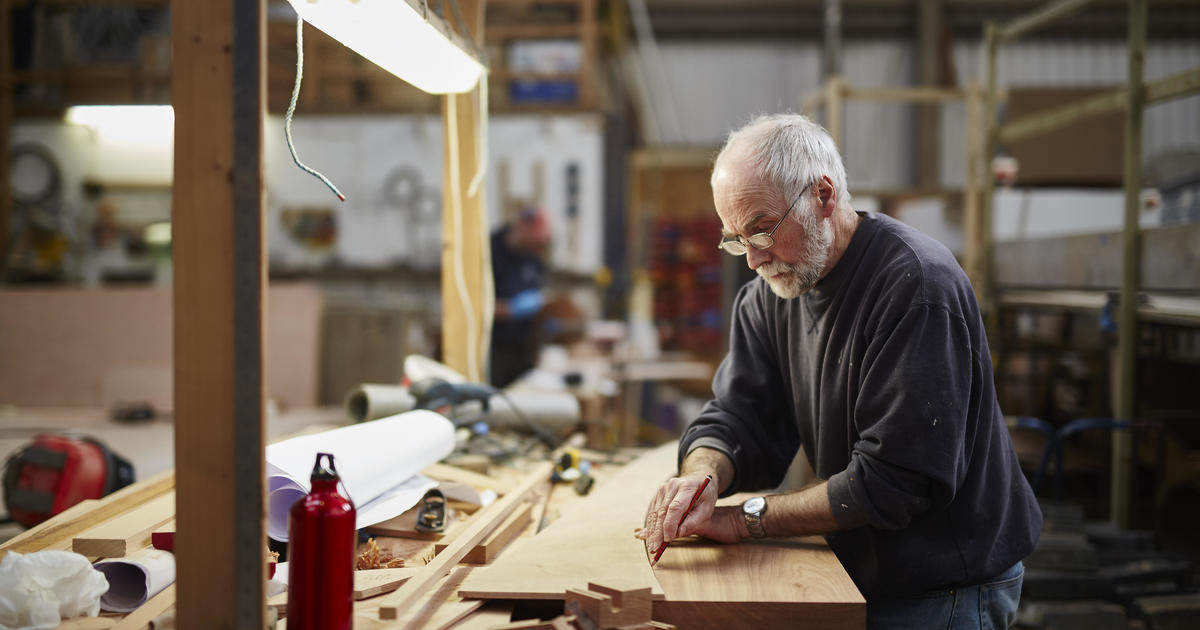You’ll work until you die and will be happy.
-The Gist of this Article
Makes sense. It’s biased by the fraction that no longer need to work but choose to because they enjoy it.
Or
Of course, it could be that older Americans who worked jobs they didn’t like or found stressful opted to retire by age 65, leaving a subset of older workers who are generally happier within their workplaces and reluctant to retire, which is something Pew didn’t analyze
I’d bet that older workers tend to have more seniority, so more autonomy and less bullshit, at least in my workplace. Also, many have the “half retired” mindset of “I don’t want to do X, what are they going to do, make me retire / fire me?” and so have some more leverage if the employer doesn’t want them to quit.
Hahaha all the ones that don’t like their job retried.
I can imagine being happier at work when I’m older. Now I want to spent as much time with my small children as possible, they stay with us at home for such a short time and then move out. Once they do I can imagine it’s fun at work again.
Seniors are already load tested. Younguns don’t seem to understand that so when young managers watch older people work at a steady pace, they get disappointed in their performance. Give me someone who is slow yet thorough any day of the week. If you don’t have time to do things right, you do have time to do things twice.





